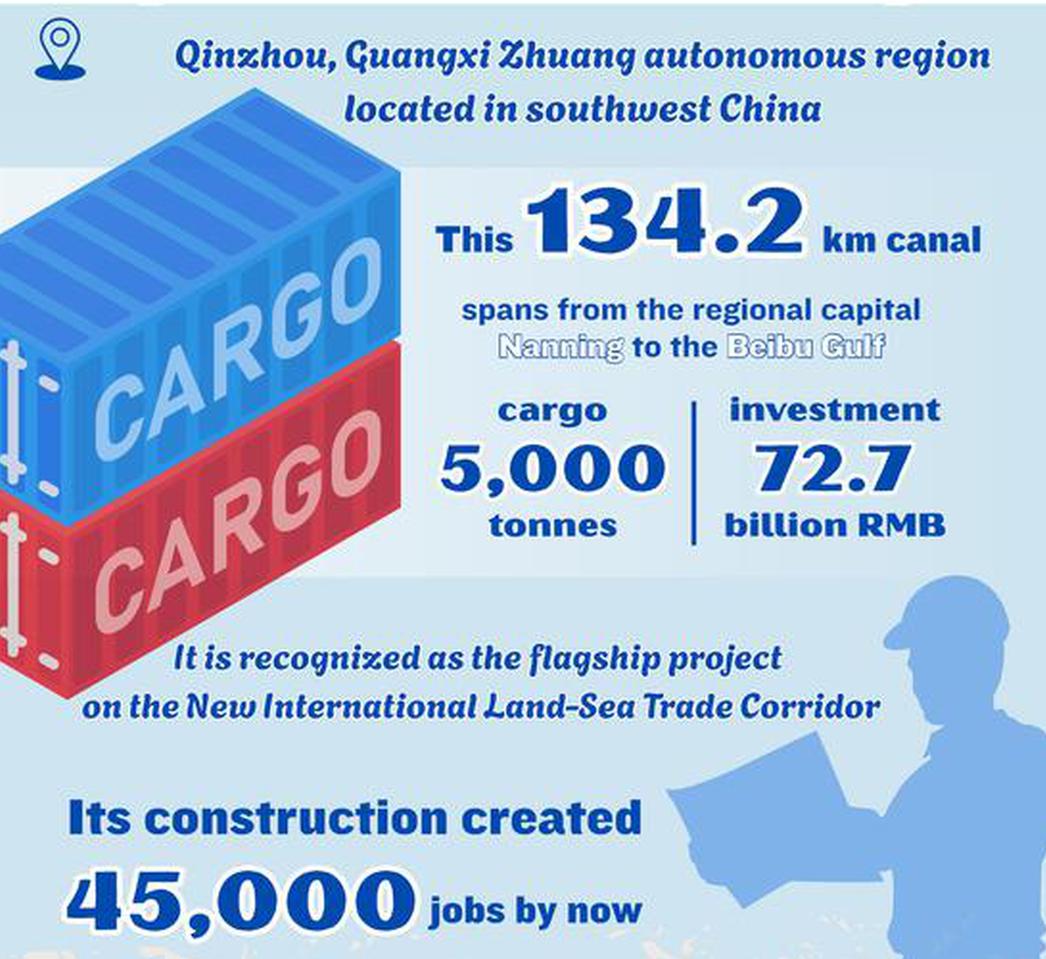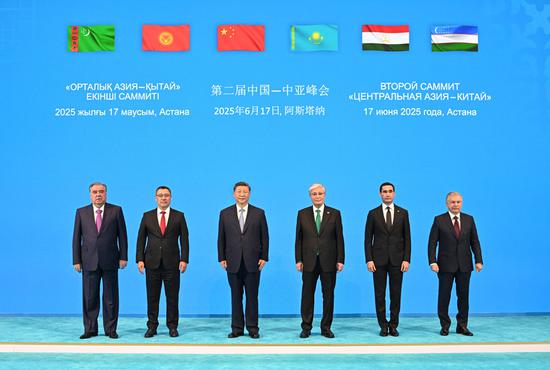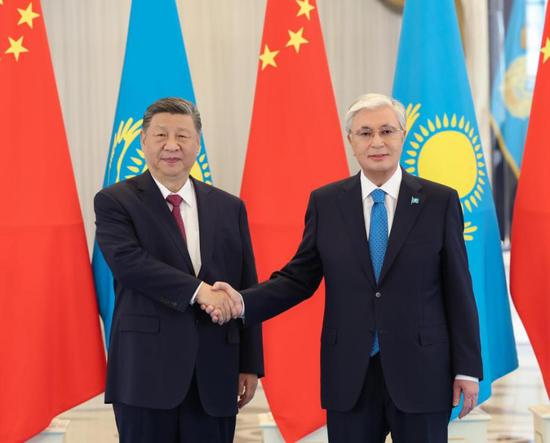China's Ministry of Commerce (MOFCOM) on Wednesday announced the launch of a pilot program for a foreign investment information reporting system in eight Chinese provinces and municipalities, aiming to further attract foreign investment and support foreign-invested enterprises in expanding their operations in the country.
When a foreign-invested enterprise, in its own name, establishes a new firm in China, increases capital in an existing firm, or acquires equity from investors of an invested enterprise (excluding multi-level investments), it should fulfill its information reporting obligations in accordance with the Chinese law, according to the MOFCOM notice.
The reporting of investment information by foreign-invested enterprises in China will be steadily advanced through the pilot program, with the initial pilot regions being Jiangsu, Shanghai, Tianjin, Liaoning, Hebei, Hunan, Shaanxi, and Chongqing. The measures will take effect on July 1, the notice said.
The previously released 2025 Action Plan for Stabilizing Foreign Investment in February of this year stated that the responsible authorities would pilot an information reporting program for foreign-invested enterprises’ investment in China.
The new decree lessons foreign investment reporting requirements in the pilot regions, shifting the focus from both direct and indirect investments to direct investments, clarifying the scope, enhancing reporting accuracy, and reducing burden on foreign investors, Zhou Mi, a senior researcher at the Chinese Academy of International Trade and Economic Cooperation, told the Global Times on Wednesday.
The previous measures for reporting foreign investment information were enacted in 2020. The Foreign Investment Law stipulates that foreign investment refers to direct or indirect investment by foreign investors in China, and that foreign investors or foreign-invested enterprises must report investment information to the commerce authorities in China, according to a statement released by the MOFCOM and the State Administration for Market Regulation at that time.
Foreign investors or foreign-invested enterprises are required to report investment information when establishing companies or partnerships in China (including in the financial sector), foreign and regional firms engaging in production or business activities in China, as well as setting up permanent representative offices in China, or investing in new enterprises in China, including multi-level investments.
Chinese market's attractiveness to foreign investment has kept growing, as the country sticks to the opening-up policy, and continuously reduces barriers in trade, investment, and ease cross-border personnel flows. This enables businesses to operate at lower costs, Zhou said.
He added that China is establishing pilot free trade zones and other open platforms to create concentrated advantages for foreign investors, while domestic industries across regions actively collaborate with foreign enterprises, facilitating smoother market entry and fostering more mutual development benefits.
The fact that more foreign businesses are coming to China says a volume about the stability and certainty that China's high-quality development and opening-up policy provide. It is also the result of the strong dynamism created by China’s new quality productive forces and innovation ecosystem, Chinese Foreign Ministry spokesperson Lin Jian noted on June 10.
To speed up institutional opening-up, China launched the 2025 Action Plan for Stabilizing Foreign Investment, and revised and expanded the Catalogue of Encouraged Industries for Foreign Investment. Those policy incentives cover sectors such as high-end manufacturing, digital economy and other frontier areas. In the first five months of this year, the imports and exports processed by more than 73,000 foreign companies in China hitting a five-year high, Lin noted.


















































 京公網安備 11010202009201號
京公網安備 11010202009201號